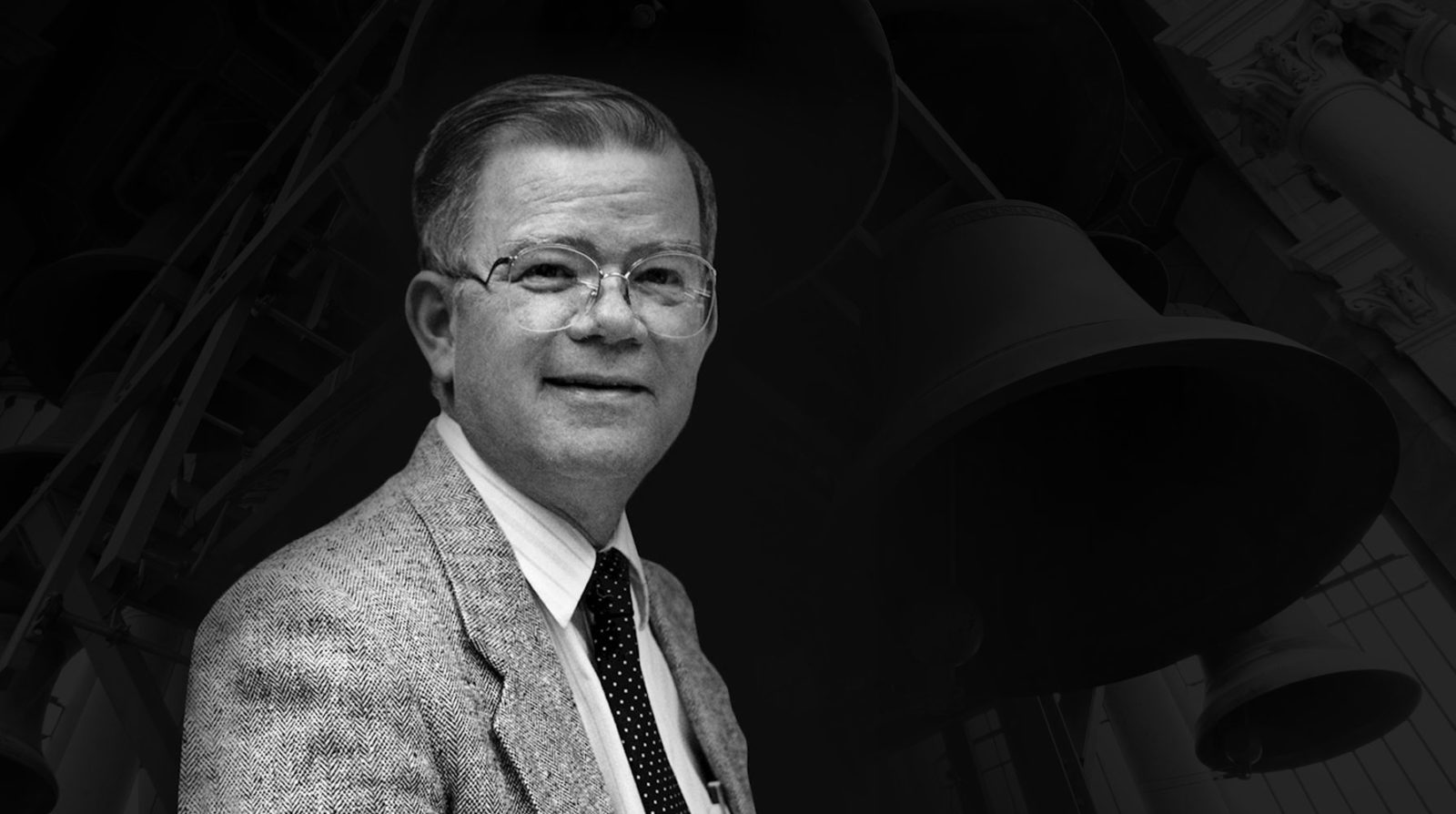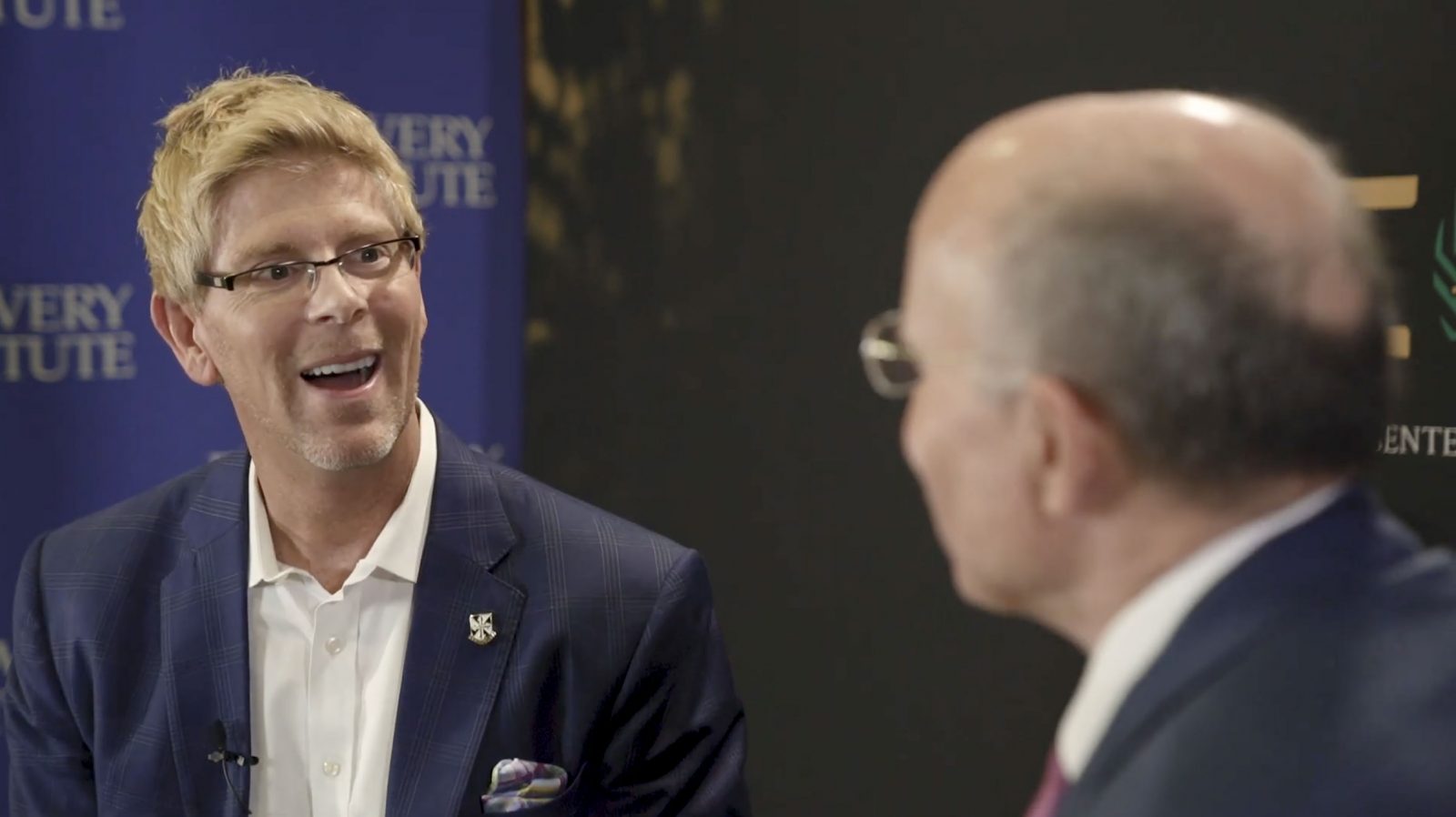David Berlinski on His New Book, Human Nature, Pt. 2
On this episode of ID the Future, mathematician, polymath, and Discovery Institute Senior Fellow David Berlinski concludes a two-part conversation with Jonathan Witt about Berlinski’s new book Human Nature. Today he talks about what we’ve sadly lost from the West, disputing secularists’ optimistic claims that we’re less violent than the medievals were. From his home next door to Notre Dame Cathedral, he also muses on the cathedral fire and contemporary France’s inability to build anything like the great cathedral. Re-construct, yes — though even that may lie beyond the collective will of France. Create, no.
Read More ›






